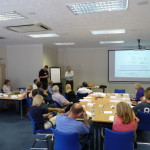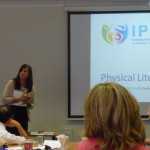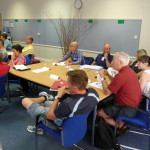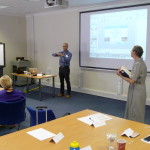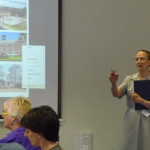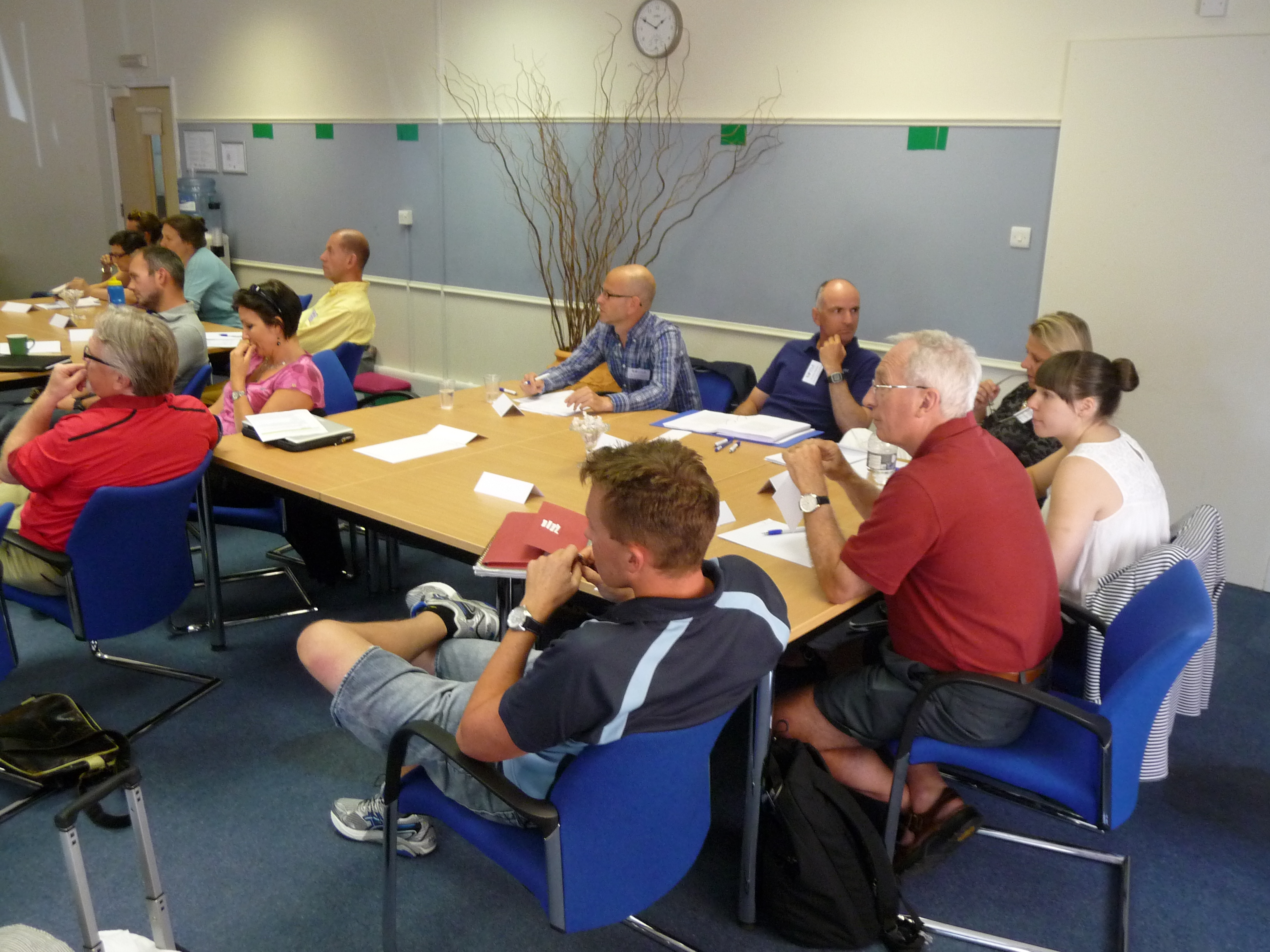What a great three days (June 5th – 7th 2014) we have had at the International Physical Literacy Association (IPLA) Workshop at Wyboston Lakes Conference Centre. This was an invitation only workshop to discuss the future of the Association. About 45 delegates attended – and it was truly International. There were people from Canada, Australia, Japan, Norway, Netherlands and Ireland, as well as from all the Home Countries. We spent some time sharing with delegates the Structure and Objects of the Association. We saw the website for the first time for many of us and heard of plans regarding, for example, membership and research. We officially launched the Association and drank to the future. Our Charitable status is pending and thanks to Melanie’s hard work we shall shortly be Registered as a Charity in UK. The Workshop was principally a discussion forum and we enjoyed challenging and thought provoking contributions for delegates which stimulated lively debate. There were two focus issues – IPLA Continuing Professional Development Courses (CPD) and current thinking on charting progress or mapping a physical literacy journey.
We trialled two pilot CPD courses and then reflected on their appropriateness and potential. We have to work hard to think outside the ‘education box’ and to include participation in physical activity throughout the life span. There is a good deal of work to do to create a range of presentations that are accessible to a wide range of people who are interested in physical literacy.
We had brief contributions from a number of colleagues concerning mapping physical literacy journeys. Again we reflected on the ideas presented and identified some key issues to address. Colleagues from Canada shared some established systems and we were grateful for their generosity in this respect.
There was, as usual, considerable debate about the definition of physical literacy, however I felt that insufficient attention was given to the attributes of someone making progress of their journey. These descriptions of what could be called symptomatic behaviours are very valuable and go a long way to explain the concept in more detail.
A frequently asked question is whether an individual can be said to be physically illiterate. My answer would be that, considering the attributes as behaviours symptomatic to showing progress on a physically literacy journey the answer would seem to be ‘Yes’. Where individuals display no motivation and confidence regarding involvement in physical activity, lack physical competence see no value in physical activity and avoid all participation in physical activity they can no longer be described as being physically literate. In other words they become physically illiterate. This, however is not the end of the story as it is never impossible to re-start the journey. The key issue here is that significant others and practitioners who are in contact with a physically illiterate individual should encourage and facilitate involvement in some form of physical activity. Positive and rewarding experiences have the power to enable the individual to start or re-start their journey. Motivation, confidence and physical competence need to be nurtured in non-threatening settings. Realistic targets need to be set and appreciation shown for effort and progress. Discussion about perceptions of physical illiteracy would be valuable.
Given that the possibility of setting up an International Association was only suggested in June 2013, we have made excellent progress. This is all the more remarkable as almost all those involved in this work have full time jobs. So many have given their time very generously and all are to thanked most sincerely.
